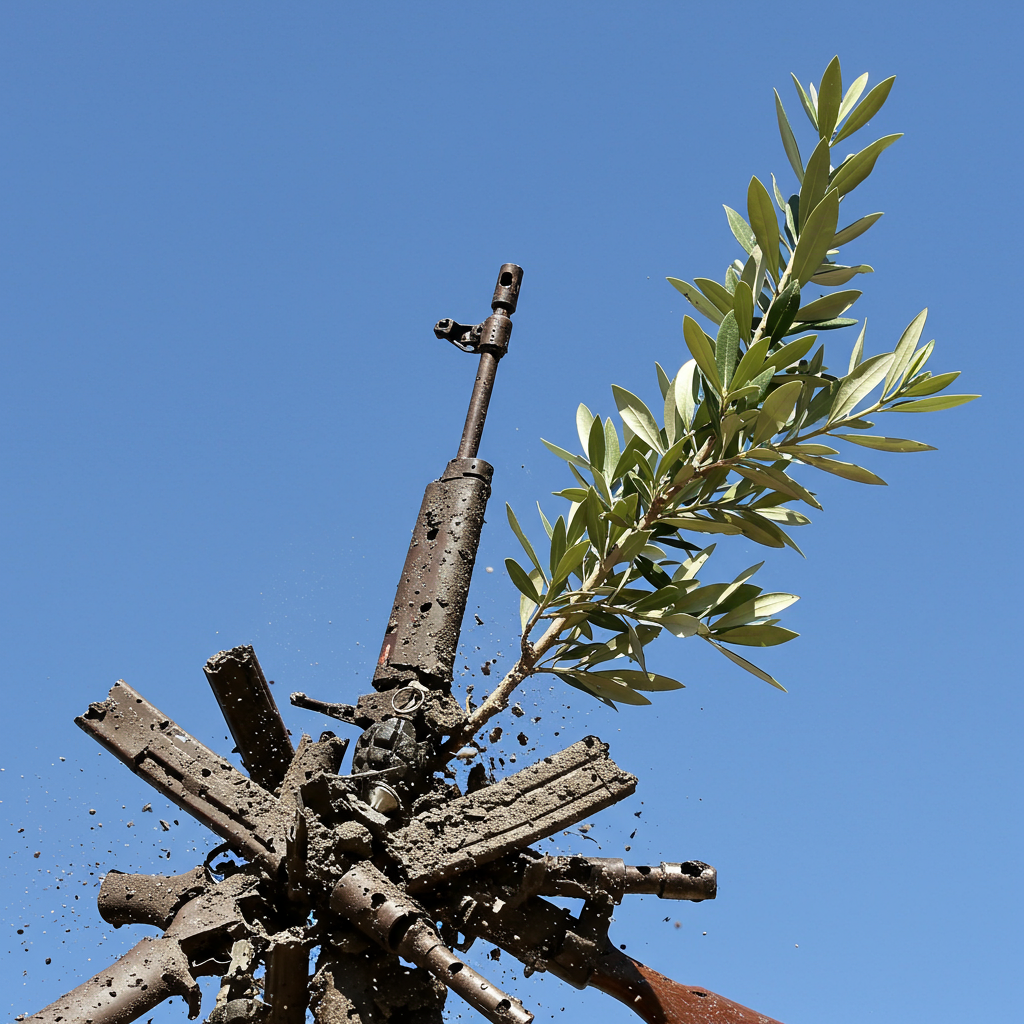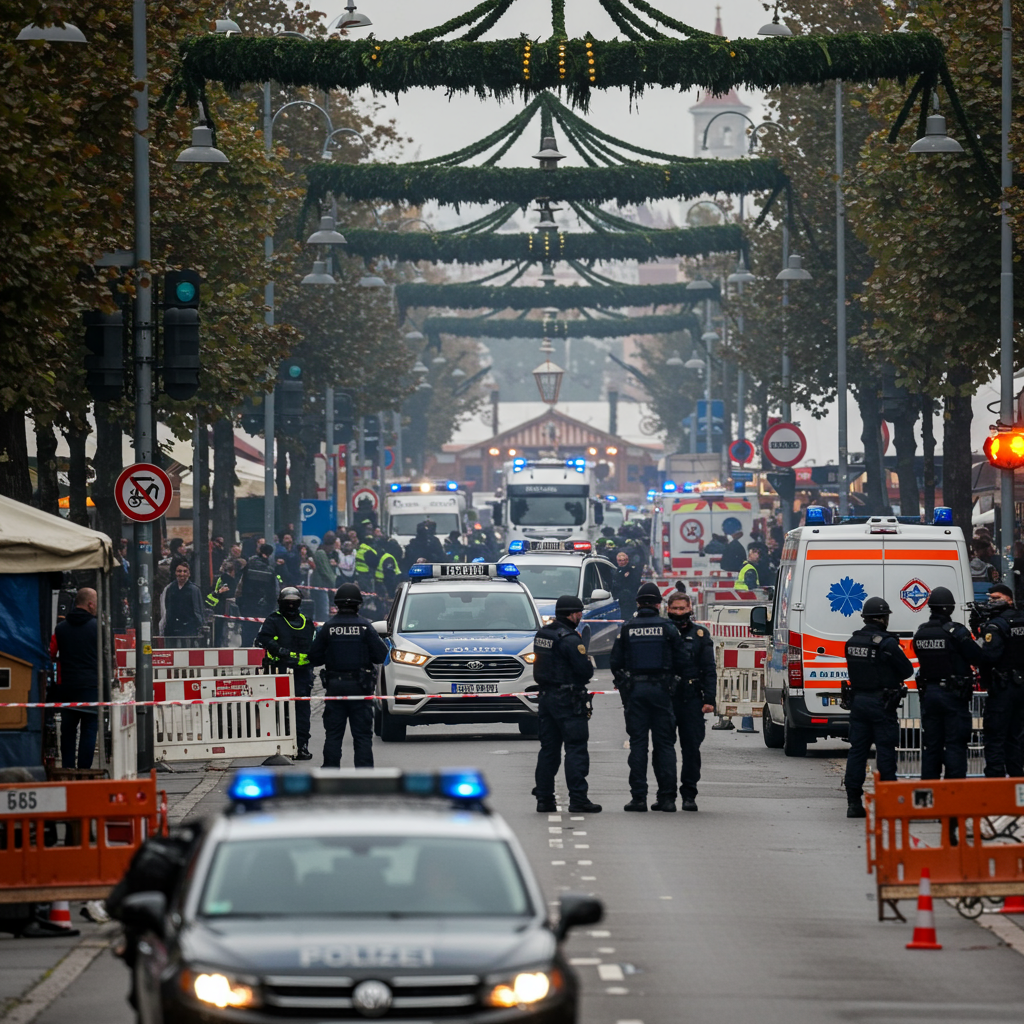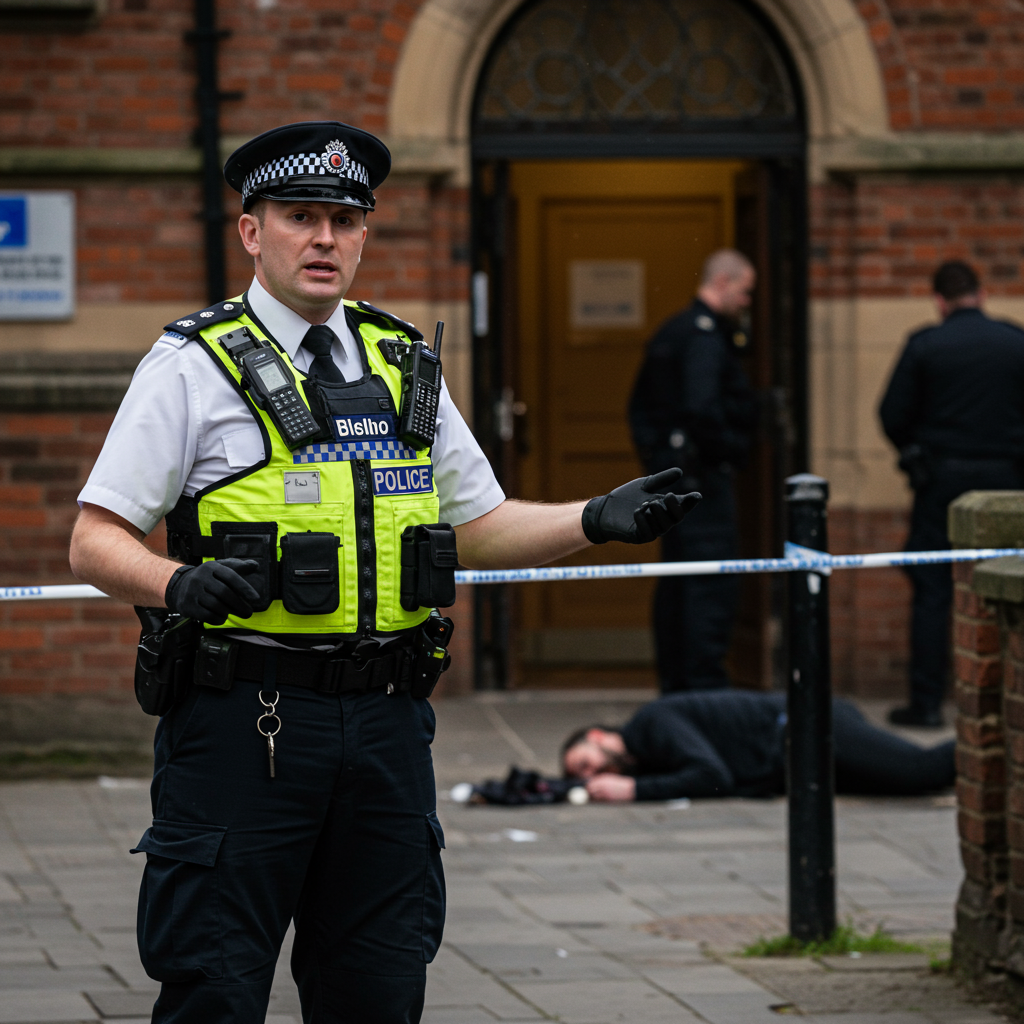A monumental shift is underway in one of the world’s longest-running conflicts. After four decades of armed struggle that has tragically claimed over 40,000 lives, the outlawed Kurdistan Workers’ Party (PKK) has declared it is laying down its arms and dissolving its organizational structure. This historic announcement signals a potential end to the bitter conflict with the Turkish state and opens a cautious new chapter for regional stability.
For years, the PKK has been listed as a terrorist group by Turkey, the United States, the European Union, and the United Kingdom. Its insurgency, which began in 1984, has not only deeply affected Turkey but also spilled over into neighboring Iraq, Syria, and Iran, countries with significant Kurdish populations. The decision to disarm marks a pivotal moment with profound implications for millions.
The Weight of History: A Conflict Spanning Decades
The conflict between the Turkish state and the PKK has deep historical roots. Formed in the late 1970s by Abdullah Ocalan, the group initially sought an independent Kurdish state within Turkey. As political realities shifted, the PKK later adjusted its aims, advocating instead for greater autonomy and rights for Turkey’s large Kurdish minority, which constitutes roughly 20% of the population.
Over the decades, cycles of violence and tentative peace attempts have characterized the relationship. A notable moment came in 2013 when the imprisoned PKK leader Abdullah Ocalan called for a ceasefire and withdrawal of PKK fighters from Turkey. This led to hopes for a resolution, culminating in the 2015 Dolmabahce Agreement, which aimed to address democratic and language rights for Kurds. However, this fragile truce tragically collapsed amid devastating violence, particularly in the Kurdish-dominated southeastern cities like Diyarbakir, leading to a resumption of full-scale conflict. Turkey’s government subsequently made it clear: no further talks would occur until the PKK disarmed.
A New Initiative Emerges: The Path to Disbandment
The current push towards disarmament appears to have gained momentum through a significant initiative launched in October 2024. Devlet Bahceli, a prominent nationalist leader and key political ally of Turkish President Recep Tayyip Erdogan, proposed a process aimed at achieving a “terror-free Turkey.” Crucially, Bahceli suggested that Abdullah Ocalan, held in solitary confinement on Imrali island since his capture in 1999, could see his prison conditions reviewed or even pave the way for his possible release if the PKK renounced violence and disbanded.
This unexpected olive branch reportedly prompted the Turkish government to engage in renewed talks with Ocalan, facilitated by the pro-Kurdish Dem party. In February 2025, Ocalan issued a historic appeal, delivered by two Dem MPs returning from a visit to Imrali. His letter, addressing the PKK leadership, called for a “voluntary transition from the phase of armed conflict to the phase of democratic politics and law.” Ocalan stated the PKK was formed because democratic channels were closed, but positive signals from Bahceli and Erdogan had created a suitable environment for change.
Following Ocalan’s powerful message, the PKK declared a unilateral ceasefire just days later in March. The group subsequently held its 12th Congress in the Kandil mountains of northern Iraq, concluding on May 9th, 2025. It was at this congress that the PKK reportedly made “historic” decisions, formally declaring on May 12th its decision to dissolve its organizational structure and end its armed struggle, stating it had “completed its historical mission.”
The Disarmament Process: Symbolic Steps and Future Hurdles
The announcement of disbandment is being followed by practical steps, beginning with a symbolic gesture. A ceremony is planned for Friday in Suleymaniyah in Iraqi Kurdistan, where a small group of PKK members will symbolically lay down their weapons before returning to their bases. This symbolic act, conducted under tight security, marks the formal start of the disarmament process.
The full disarmament is expected to take place over the coming months across the summer of 2025. Disarmament points will be established with the cooperation and involvement of the Turkish government, the Iraqi government, and the Kurdistan regional government. The process is being monitored by members of Turkey’s pro-Kurdish Dem party and Turkish media outlets.
While the initial symbolic step is clear, many details regarding the technicalities of the disarmament remain uncertain. The specifics of how weapons will be disposed of, the fate of PKK fighters, potential legal amnesty for those in Turkey, and the monitoring procedures for the dissolution have not been publicly disclosed. AK Party spokesman Omer Celik emphasized that a “new era” hinges on the decision being implemented “fully and concretely,” specifically warning that it must encompass all “PKK branches, illegal structures,” an apparent reference to groups like the Syrian Kurdish YPG, which has ties to the PKK but has operated independently in Syria. The leader of the US-backed Syrian Democratic Forces (SDF), which the YPG is a key component of, had previously indicated that Ocalan’s ceasefire call did not apply to his group in Syria.
Abdullah Ocalan: Enduring Influence from Behind Bars
Despite spending 26 years in solitary confinement, Abdullah Ocalan remains a profoundly influential figure, particularly among many Kurds. Joost Jongerden, a specialist on the conflict at Wageningen University, notes that Ocalan “really has this authority; he is a main symbol for many Kurds, not all.”
In a remarkable development just two days before the planned disarmament ceremony, Ocalan appeared in a video for the first time in over 20 years. Speaking for seven minutes, he addressed the outlawed group, emphasizing his belief in “the power of politics and social peace, not weapons” and urging the PKK to implement this principle. His appearance underscored his enduring relevance; even the beige Lacoste polo shirt he wore reportedly went viral, quickly selling out online. His future remains uncertain, though the government has indicated his jail conditions could be reviewed later in the process, with any potential release left for the final stages.
Political Ripples and Regional Implications
The PKK’s decision to disarm carries significant political weight, particularly within Turkey. The process is expected to move next to Turkey’s parliament in Ankara, where a commission will be established to determine the government’s next steps. However, concrete legislative decisions are unlikely until after the summer recess, pending parliamentary votes and President Erdogan’s final approval.
Analysts see this development as potentially highly significant for domestic Turkish politics. Gonul Tol of the Middle East Institute suggests that a successful conclusion to this peace process could be a “huge win for Erdogan,” especially following recent electoral setbacks for the AK Party. She argues that seeking rapprochement with the Kurds could be linked to a strategy aimed at securing support for potential constitutional changes that might allow Erdogan to run for the presidency again in 2028, when his current term is set to end. While the AK Party and the Dem party deny any link between the peace process and constitutional amendments, gaining Dem party support would significantly increase Erdogan’s chances of pushing through such changes. The political backdrop includes reports of Erdogan lagging in polls and recent arrests of opposition figures, including the Mayor of Istanbul.
Beyond Turkey’s borders, the disarmament decision has implications for Iraq, Syria, and Iran, all homes to Kurdish minorities. Iraq has welcomed the announcement, hoping it will reduce tensions along its northern border with Turkey, where the PKK has maintained bases. Nechirvan Barzani, President of Iraq’s Kurdistan region, praised the move as demonstrating “political maturity.” The development could also alleviate a point of tension between NATO allies the U.S. and Turkey, particularly concerning U.S. support for the YPG/SDF in Syria.
Frequently Asked Questions
What is the significance of the PKK’s decision to disarm?
The Kurdistan Workers’ Party (PKK)’s decision to disarm and dissolve its structure is highly significant because it potentially marks the end of a 40-year armed conflict with Turkey that has caused extensive loss of life and instability. It represents a shift towards resolving the Kurdish issue through political means, offering a renewed, though cautious, hope for lasting peace and regional stability after previous failed attempts at resolution.
How did Abdullah Ocalan influence the PKK’s decision?
Abdullah Ocalan, the imprisoned founder and leader of the PKK, remains a pivotal figure among many Kurds and within the organization. His call in February 2025 for the PKK to transition from armed struggle to democratic politics, coupled with perceived positive signals from Turkish political leaders, appears to have been the catalyst for the PKK’s decision to disarm and disband, as formally agreed upon at their congress in May 2025.
What are the potential political outcomes in Turkey from this peace process?
The potential political outcomes in Turkey include a reduction in internal conflict and improved stability. For President Erdogan, successfully managing this process could potentially enhance his political standing, possibly influencing discussions around constitutional changes that could impact his eligibility to run for the presidency in 2028. Gaining support from the pro-Kurdish Dem party in parliament could be crucial for such endeavors, although both parties deny a direct link between the peace process and constitutional reform efforts.
A Cautious Path Forward
While the PKK’s announcement is a momentous step, the path to full disarmament and lasting peace is fraught with challenges and uncertainties. The technical specifics of disbandment, the fate of fighters, potential amnesty, and overcoming deep-seated mistrust built over four decades will require careful negotiation and implementation. The process in Turkey’s parliament and the government’s subsequent decisions will be closely watched. Nevertheless, the declaration by the PKK, prompted by internal dynamics and external overtures, represents the most hopeful opportunity in years to finally end one of the region’s most enduring conflicts and address the complex “Kurdish issue” through political rather than violent means.




